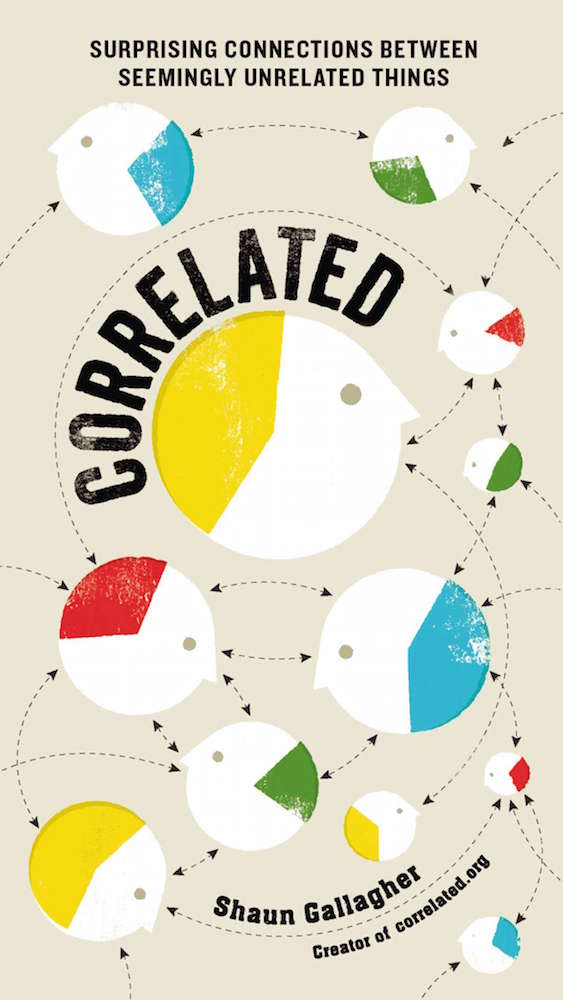X's likelihood of prevailing in boycott suit is higher than I thought
A couple of weeks ago, Elon Musk's X social network filed a federal lawsuit against a nonprofit controlled by an international advertising-industry trade group, alleging that it organized an illegal advertising boycott of the social media platform.
This week, news broke that the nonprofit, Global Alliance for Responsible Media, would be disbanded, citing the financial drain caused by X's legal actions.

When I first read about this lawsuit, it wasn't obvious to me what law GARM might have violated.
But after having read the 44-page initial complaint, I now understand what X's legal arguments are, and as I was researching more about this area of the law, it became clear that there are a number of Supreme Court rulings that make X's likelihood of prevailing higher than I assumed.
What law does X say GARM broke?
As I mentioned above, when I first read about this lawsuit, I thought it was just another case of Elon Musk abusing the court system. His M.O. is a SLAPP-style action to try to bully those he disagrees with, and by filing a federal lawsuit, he increases his chances of success, because there are no anti-SLAAP protections at the federal level.
Surely there is no law that says advertisers must continue to advertise with X, even if they find Musk's changes in policies to be repugnant, I thought.
And even if the advertisers did all rely on GARM's guidance here, why would that affect the legality of their actions? If they had instead all read an op-ed in the New York Times and decided to boycott X on that basis, does that mean the New York Times has engaged in an antitrust violation?
I wasn't seeing much information about X's actual legal arguments in the news coverage I saw about the lawsuit, so I decided to read the federal lawsuit myself. I hopped onto PACER and downloaded a copy, and I now understand (though don't necessarily agree with) the legal rationale behind X's suit.
The Sherman Act's prohibition of group boycotts
Basically, X is arguing that whenever you have a group of companies that are competitors, and they take an action that is contingent on their competitor's cooperation ("I'll boycott if and only if you do the same"), then that is, on its face, an anti-competitive action that violates the Sherman Act, which prohibits "restraint of trade."
X concedes that there's nothing wrong with each advertiser independently deciding that they want to stop advertising on X, and there's also nothing wrong with relying on a common source of information to make the determination about whether to boycott X.
But what turns this into illegal collusion, the X lawsuit argues, is when businesses make those decisions contingent on cooperation with competitors.
So, if one business says that it will engage in an advertising boycott of X, but only while its competitors engage in a similar boycott, then that constitutes illegal collusion, because it relies on their collective power to unduly influence X in ways that would have been impossible through "uncoordinated rivalry."
Another way of putting it is that the coordinated boycott of X is anti-competitive because when businesses who should be competing with each other in the market instead decide to cooperate with each other to exert influence over common business partners, they are misusing their market power.
X's likelihood of success
Honestly, as I read through the 44-page filing, there were moments when it read like they were unintentionally making their opponents' arguments for them.
For instance, at one point the suit writes about how the purpose of GARM is for advertisers to make an industry-wide commitment to removing or discouraging harmful content from ad-supported media. But X, unlike other social media platforms, wasn't willing to meet the safety standards that GARM had established.
Um ... not a great way to paint GARM as the bad guys here, lawyers.
However, as I was researching more about this area of the law, I discovered that GARM is going to face an uphill battle in defending against the suit.
Group boycotts involving direct competitors have been deemed by the court to be "per se" violations of antitrust law, meaning that in many cases all a plaintiff has to do is show the group boycott occurred, and then regardless of the reasonableness of the conduct, they win the case, because the conduct is presumed illegal. If you're familiar with the legal concept of summary judgment, this is conceptually similar (although I'm not sure if it's legally a distinct judicial action).
For instance, in a case from 1941, the Supreme Court ruled against an organization of fashion designers who engaged in a group boycott against retailers who sold "pirated designs." Even though the reasoning behind the group boycott could be justified based on a perceived wrong, the court said that the boycott was "per se" illegal. The designers' organization was acting as an extra-governmental agency, sort of like a private version of the FTC, prescribing its own rules and regulations, and providing extra-judicial punishments for noncompliance. That, the court said, was a "restraint of trade" that violated the Sherman Act.
Is there a way GARM can prevail?
Even though group boycotts are particularly vulnerable to antitrust suits, defendants can still prevail if they can show that their actions had some "pro-competitive" rationale.
For instance, in 2004's Craftsmen Limousine, Inc. v. Ford Motor Co., the 8th Circuit Court of Appeals considered a case where a group of businesses prevented a limousine company from advertising in trade publications because the company refused to agree to certain safety standards. The court held the case was not subject to a "per se" analysis because the group boycott was an attempt to influence the safety of limousines, and that objective was pro-competitive, insofar as it increases overall market demand for limos because it increases public confidence in their safety.
I would not be surprised if the X suit against GARM is approached with a similar analysis.
Unlike typical antitrust cases, where businesses are accused of disadvantaging a competitor because doing so gives them some clear economic advantage, it seems pretty clear to me that in this case, GARM established general brand safety standards that were seen as nearly universally desirable, as evidenced by the number of members who demanded those standards from the social media sites on which they advertised.
There is a pro-competitive rationale for enforcing those standards: consumers are more likely to patronize social media sites that are not overrun with harmful content, and more patronage means more advertising, which is good for both the sites and the advertisers.
Alas, even if GARM successfully defends itself against the X suit, its fate has already been determined. X has, through its suit, ensured that GARM will be shuttered.
Final thoughts
As I researched this lawsuit, I became convinced that there's a meaningful difference between a group of competitors who collude to put a competitor out of business so they can financially gain from less competition, versus a group of competitors who agree to set aside their rivalries to come up with defensible standards that serve the common good, and then use their market power to promote adoption.
But if the Supreme Court were to revisit how it treats group boycotts in antitrust cases, and they agree that such a distinction is meaningful, I would be very curious about the method they would establish so that courts can distinguish them.
Then again, even if one thinks the court should do so, are there any dangers that the law would need to guard against? For instance, suppose an industry association were to take a stance that you strongly disagree with, under the guise of safety or some pro-social cause. Should it be able to use its market power to bend other businesses to its will? Unlike when legislators do that, it's much harder for the public to "vote them out" if they disagree.
Or, to put it another way, even if you think Elon Musk is an arrogant jerk and X is a cesspool, do we have more to lose by allowing businesses to engage in group boycotts than we stand to gain by X losing this particular battle? I'm not saying we do, but I think it's a worthy consideration.
About Shaun
Shaun Gallagher is the author of three popular science books and one silly statistics book:
He's also a software engineering manager and lives in northern Delaware with his wife and children.
Visit his portfolio site for more about his books and his programming projects.
The views expressed on this blog are his own and do not necessarily represent the views of his publishers or employer.
Recent posts
This online experiment identifies dogmatic thinking
Adapted from a 2020 study, this web experiment tests a cognitive quirk that contributes to dogmatic worldviews.
Distributism: A Kids' Guide to a Third-Way Economic System
This student guide explores three economic systems (capitalism, socialism, and distributism) and explains how distributism is different from the other two.
You can thrive in a high-paying career without being money-driven
What if making money is not one of your top goals? And what if you happen to stumble into a high-paying career nonetheless?
On compassionate code review
How to build up and encourage code authors during the review process
Rules for Poems
A poem about all the rules you can break — and the one rule you can't.



